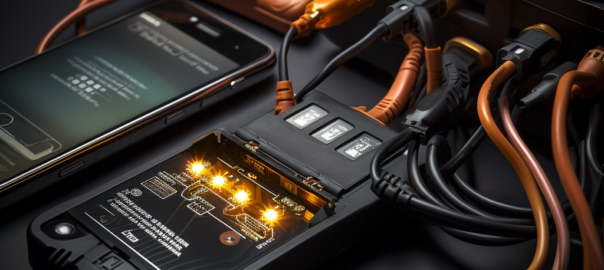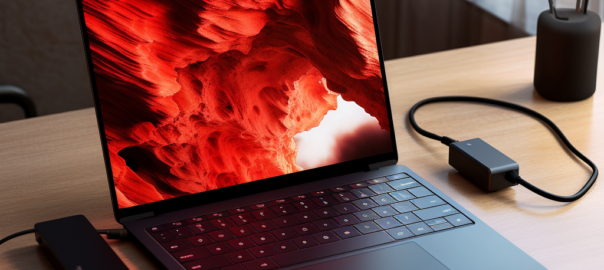Laptops have become an essential part of our lives, allowing us to work, study, and communicate from anywhere. However, the safety of the laptop adapter that powers our devices is often overlooked. Many people fail to realize that using faulty adapters can have serious consequences, ranging from electric shocks to property damage or even death.
In this article, we will explore the importance of taking laptop adapter safety seriously and how it can impact your life and home. We will also provide some tips on how to ensure that your laptop adapter is safe to use.
The Dangers of Faulty Laptop Adapters
Laptop adapters that are poorly designed, damaged, or counterfeit can be a serious hazard to your safety. In some cases, they can cause electric shocks, burns, or even fires. These risks are not only limited to the user but can also put others in the vicinity in danger.
The root cause of these dangers is the fact that laptop adapters operate at high voltages and are exposed to constant wear and tear. This can lead to components becoming loose, wires fraying, or insulation breaking down, making the adapter unsafe to use.
The Impact of Laptop Adapter Safety on Your Life and Home
Using a faulty laptop adapter can have a significant impact on your life and home. Electric shocks or burns can lead to serious injuries, and in some cases, they can be fatal. Fires caused by faulty adapters can result in extensive property damage or even the loss of a home or business.
It’s not just the immediate impact of these incidents that is concerning, but also the long-term effects they can have on your health and well-being. Victims of electric shocks or fires can experience psychological trauma that can last for years after the incident.
Steps to Ensure Laptop Adapter Safety
There are some simple steps you can take to ensure that your laptop adapter is safe to use. Here are some tips:
- Use only the adapter that came with your laptop or a reputable replacement. Cheap, counterfeit adapters are often poorly designed and may not meet safety standards.
- Inspect the adapter regularly for signs of damage, such as frayed wires or loose connections. If you notice any issues, stop using the adapter immediately.
- Keep the adapter away from liquids, extreme temperatures, and direct sunlight, as these factors can damage it.
- Use a surge protector to protect against power surges and voltage spikes.
- If you’re unsure about the safety of your adapter, have it inspected by a professional.
In conclusion, taking laptop adapter safety seriously is crucial for protecting your life and home. By being aware of the risks and following the tips outlined in this article, you can ensure that your laptop adapter is safe to use and enjoy the benefits of your device without worry.










